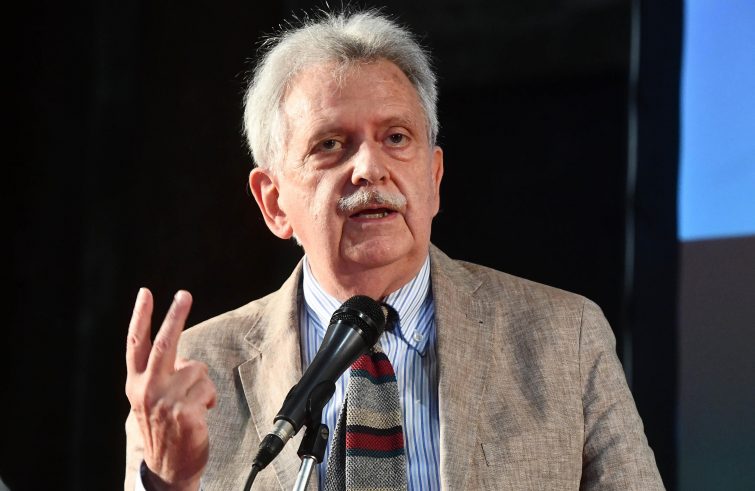
“The Constitution is the bulwark of our presence here today. It has been and will continue to be the bulwark of activity of the National Guarantor for the Rights of Persons Deprived of Liberty in the years to come and of those who will be called to carry out the role that this board has carried out in its seven-year mandate”, said Mauro Palma, National Guarantor for the Rights of Persons Deprived of Liberty (Garante nazionale dei diritti delle persone private della libertà personale – GNPL), in his last Report to Parliament on Thursday June 15, marking the conclusion of his mandate. The Report covered several areas: criminal law, migrants’ deprivation of liberty, persons in residential healthcare and social support facilities.
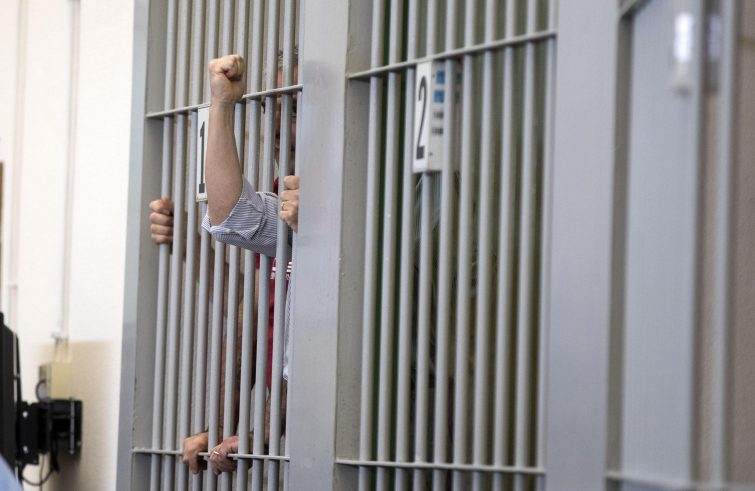
Prison facilities. “In this College’s first Report to Parliament, we reported 54,653 persons detained as of 31 December 2016.
On 1 June 2023 – two weeks ago – there were 57,230 people in prison-
these included 2,504 women, while they numbered 2,285 seven years ago. These figures are roughly the same today, although there has been an overall increase of more than 2,500 inmates: prison capacity, which was already insufficient at the time, has increased by only 1,000 standard prison spaces over the past seven years.” This was the first figure presented by the National Guarantor for the Rights of Persons Deprived of Liberty. However, there are two figures that suggest a new trend: “The percentage of foreign inmates fell from 34 to 31.2 per cent; the proportion of inmates in prison with no final sentence has decreased significantly – which is positive – from 35.2 to 26.1 per cent over the last few years.” But
“as many 1,551 person are serving a light prison sentence – not a residual prison sentence – of less than one year – and the numbers keep growing – while 2,785 are serving a prison sentence of one to two years.”
For Palma, “it is obvious that a complex structure such as a prison cannot offer a re-education programme, because the period of preliminary assessment and evaluation sometimes exceeds the intended period of imprisonment. Moreover, these short sentences inevitably recur, alternating periods of freedom with periods of imprisonment, which exacerbates their social marginalisation. Their time in prison therefore challenges our social fabric: these people’s lives are marked by a marginalisation that should have been dealt with differently in order to reduce the risk of reoffending”. In short, “such vulnerability and the resulting petty crimes leading to light sentences require different, much more community-based institutions.”
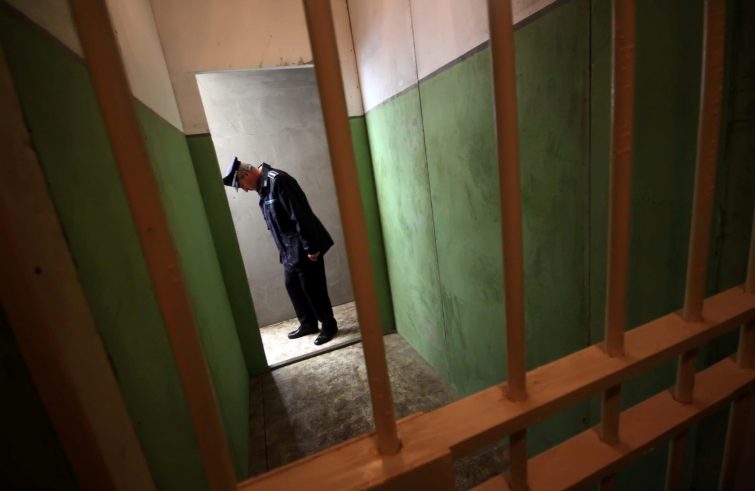 Jail suicides. The Report likewise addressed the tragedy of prison suicides:
Jail suicides. The Report likewise addressed the tragedy of prison suicides:
“As of today, the 23rd week of the year, as many as 29 prison inmates have taken their own lives, with 12 more deaths from causes yet to be determined – some of which will most certainly be categorised as suicides.
The Guarantor remarked: “The symbolic aspect of having ended up in that place – prison – often seems to be a decisive factor for such extreme choices, namely, the feeling of having been precipitated into an existential ‘elsewhere’, a separate world, completely irrelevant or harshly condemned even by the media and sometimes even by the institutions, which characterises the place of detention.” Therefore, “a different understanding of punishment should be promoted in the public sphere.” There are currently more than 57,000 prisoners, along with 53,113 people serving alternative sentences and 25,716 “on probation”. Palma clarified:
“However, alternative and community measures have not lowered the number of inmates in prisons, but rather added to it. As a result, the prison population has increased from 98,854 to 137,366 in 7 years,
while the most serious crimes have steadily decreased (voluntary homicide, for example, has fallen by 25% over the same period, organised crime by 36%, robbery by 33%).”
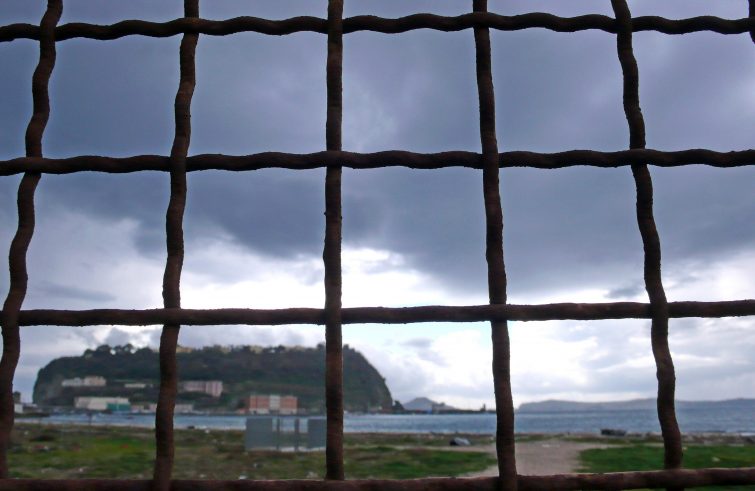 Children. The figures for children and young adults are quite different, since they remained generally stable over the seven-year period:
Children. The figures for children and young adults are quite different, since they remained generally stable over the seven-year period:
“A total of 390 minors are detained in Juvenile Correctional Facilities and 3,802 others are on probation. Overall, the Juvenile Justice System has a total of 14,473 minors or young adults in its care –
they numbered 14,212, in the first NGPL Report to Parliament. The first alternative is to offer education and training rather than to propose projects and activities. This is what maintains awareness, which is a prerequisite for taking responsibility, including for the crime in question”. Therefore,
“it is unacceptable that almost 5,000 people have not yet completed compulsory education and that, even if we limit ourselves to Italians, there are still 845 people who are illiterate and a further 577 who have not completed the primary school cycle”
A “positive sign” is given by “1,427 students enrolled in university courses in various expanding academic centres nationwide, coordinated by the National Rectors’ Conference”.
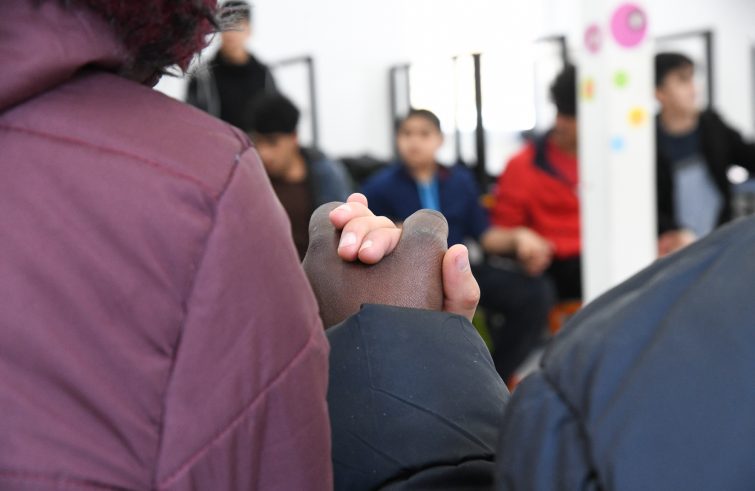 Deprivation of liberty of migrants. “Out of a total of 6,383 people detained in the Pre-Repatriation Centres (CPRs) in 2022, only 3,154 were actually repatriated – the Guarantor noted. “Moreover, the total number of repatriations was very low: 3,916, mostly to Tunisia (2308), Albania (58), Egypt (329) and Morocco (189). These figures are quite small compared to the clamour that often surrounds the announced intentions. The main point – in the context of the overriding principle that deprivation of liberty, defined as ‘inviolable’ in our Constitution, can only be imposed in pursuit of a clear, legally defined purpose and subject to the reservation of jurisdiction – is that more than half of those detained – 50.6% to be precise – were detained for a period of time that did not serve the purpose for which it was legally intended.” In Palma’s opinion,
Deprivation of liberty of migrants. “Out of a total of 6,383 people detained in the Pre-Repatriation Centres (CPRs) in 2022, only 3,154 were actually repatriated – the Guarantor noted. “Moreover, the total number of repatriations was very low: 3,916, mostly to Tunisia (2308), Albania (58), Egypt (329) and Morocco (189). These figures are quite small compared to the clamour that often surrounds the announced intentions. The main point – in the context of the overriding principle that deprivation of liberty, defined as ‘inviolable’ in our Constitution, can only be imposed in pursuit of a clear, legally defined purpose and subject to the reservation of jurisdiction – is that more than half of those detained – 50.6% to be precise – were detained for a period of time that did not serve the purpose for which it was legally intended.” In Palma’s opinion,
“The deprivation of liberty of irregular migrants risks becoming legitimised as a measure to reassure the community, rather than being a small part of an overall strategy aimed at decreasing the presence of illegal migrants on the national territory and the consequent risks also in terms of ties with criminal networks”.
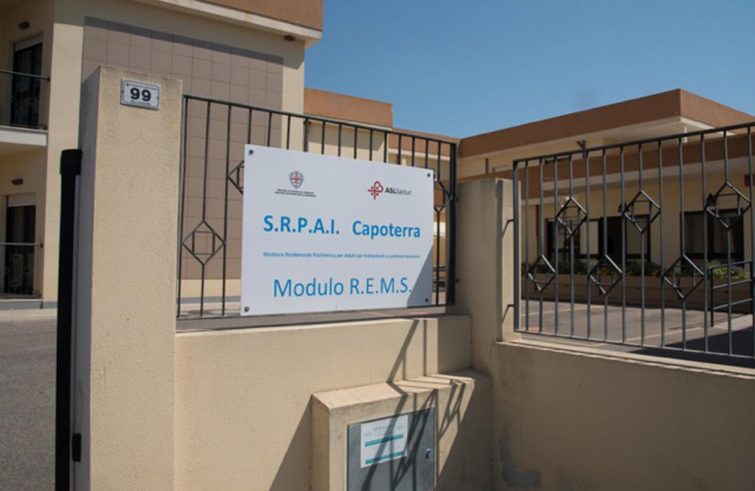 On the subject of health. In the Report, the Guarantor addressed the issue of “facilities having penal connotations, psychiatric inpatient care along with residential healthcare and social support facilities.”
On the subject of health. In the Report, the Guarantor addressed the issue of “facilities having penal connotations, psychiatric inpatient care along with residential healthcare and social support facilities.”
A total of 632 persons are currently interned in 31 Residences for the Execution of Security Measures (REMS), currently operational. The proportion of those placed in provisional detention represents 46.7 per cent of the total. However, in addition to the 632 people admitted in the REMS, another 675 are on the waiting list, “42 of whom are illegally detained in as many as 25 prisons, without a detention order”, the Report denounces.
As for residential care, “there are 12,630 residential healthcare and social support facilities offering a total of more than 400,000 beds (411,992) that currently house 305,750 elderly people, both self-sufficient and non-self-sufficient, as well as adults or minors with disabilities.”









